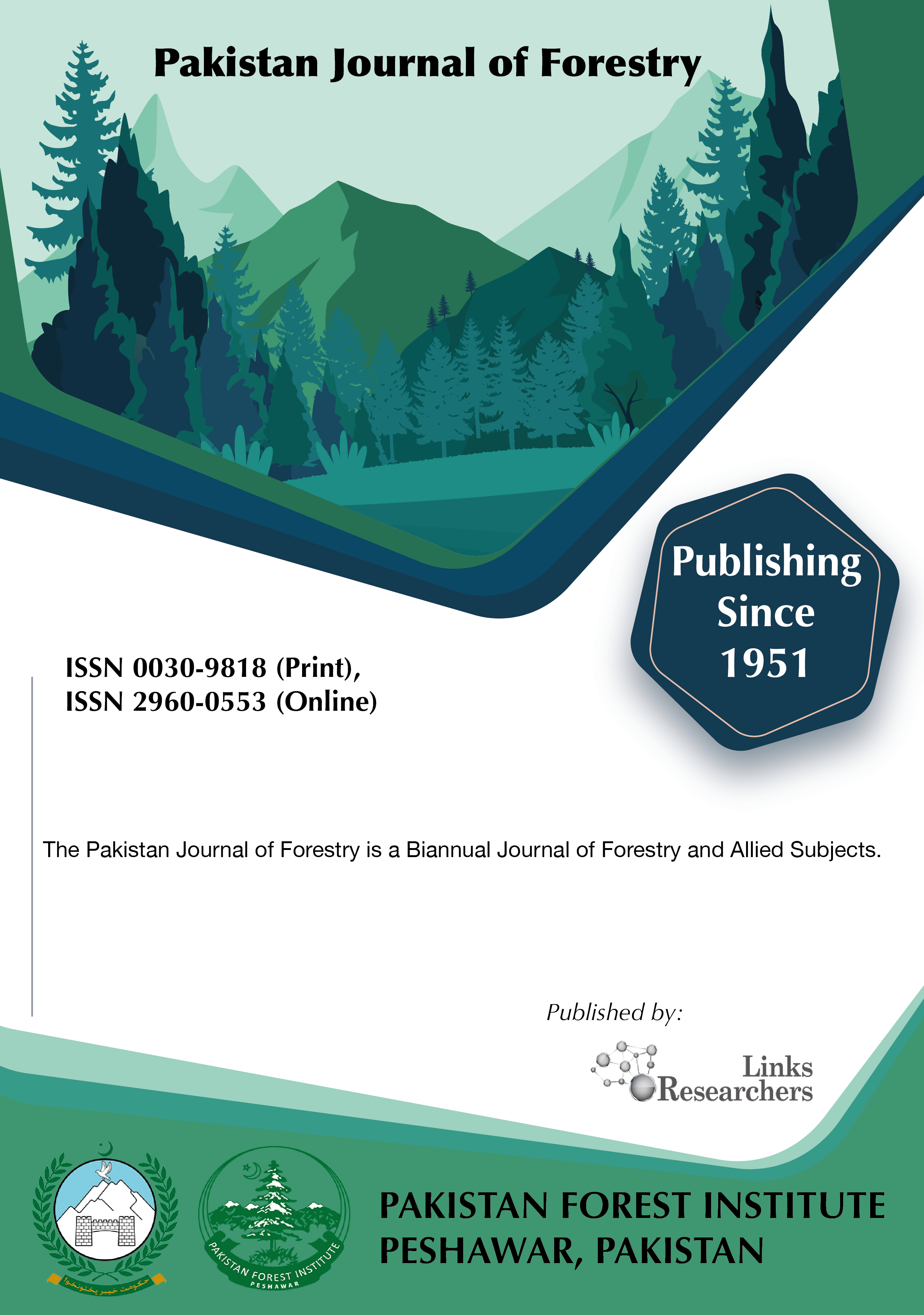Charcoal making in developing countries (Review)
Charcoal making in developing countries (Review)
Gerald Foley
ABSTRACT
Review:
But charcoal making puts a heavy burden on wood resources. Five tonnes of wood are needed to produce one tonne of charcoal. Attempts have been made for over a century to introduce more efficient methods of charcoal making; most have been failures. Some development experts now say charcoal making should be discouraged. The Gambia has imposed a ban on charcoal making.
Charcoal Making in the Developing World is essential reading for anyone concerned with the problems of woodfuel and deforestation in the developing world. It is the most comprehensive publication available on the techniques of charcoal making, the physics find chemistry behind them, how they fit within their local context, and the history of attempts to introduce new and improved manufacturing methods.
The analysis goes beyond the fixation with technical efficiency which has characterised most past programmes and makes clear way so many failures have occurred. It shows that when charcoal making is clearly seen in its broader social and economic context, the way is opened to a more creative approach than simply promoting technical improvements.
Charcoal Making in the Developing World by Gerald Foley, head of the Earthscan Energy Information Programme. It is copiously illustrated and written in a clear and lucid style. It is the fifth report in the Earthscan Technical Report series; previous reports covered biomass gasification, improved cooking stoves, community forestry, and the use of agricultural residues as fuel.
To share on other social networks, click on any share button. What are these?




